Between Fear and Promise: Roman Yampolskiy Discusses AI’s Existential Impact with the Kosmic Tree of Life
Jul. 01, 2024.
9 mins. read.
4 Interactions
Sharon Gal-Or presents a fictional interview between Roman Yampolskiy and the Kosmic Tree of Life discussing the potential dangers and opportunities of Superintelligence.
The rise of Artificial General Intelligence (AGI) has ignited widespread debate and raised significant concerns about the future role of humans in an increasingly automated world. Many worry that if left unchecked, AGI could evolve beyond our control, potentially making decisions that conflict with human ethics and autonomy. Inspired by Lex Fridman’s podcast interview with Roman Yampolskiy, this fictional dialogue was conceived to delve deeper into these issues.
“The Kosmic Tree of Life,” a conceptual framework integrating human, artificial, and cosmic intelligence, proposes a balanced approach. By incorporating AGI within a structure enriched with Kabbalistic wisdom and stringent ethical guidelines, we aim to foster a symbiotic relationship where technology amplifies human welfare and capabilities, safeguarding humanity’s role in the future. In this crafted dialogue, Roman Yampolskiy engages with the Kosmic Tree of Life to explore existential risks, the potential redundancy of human roles, and the crucial ethical considerations that must guide our coexistence with superintelligent systems.
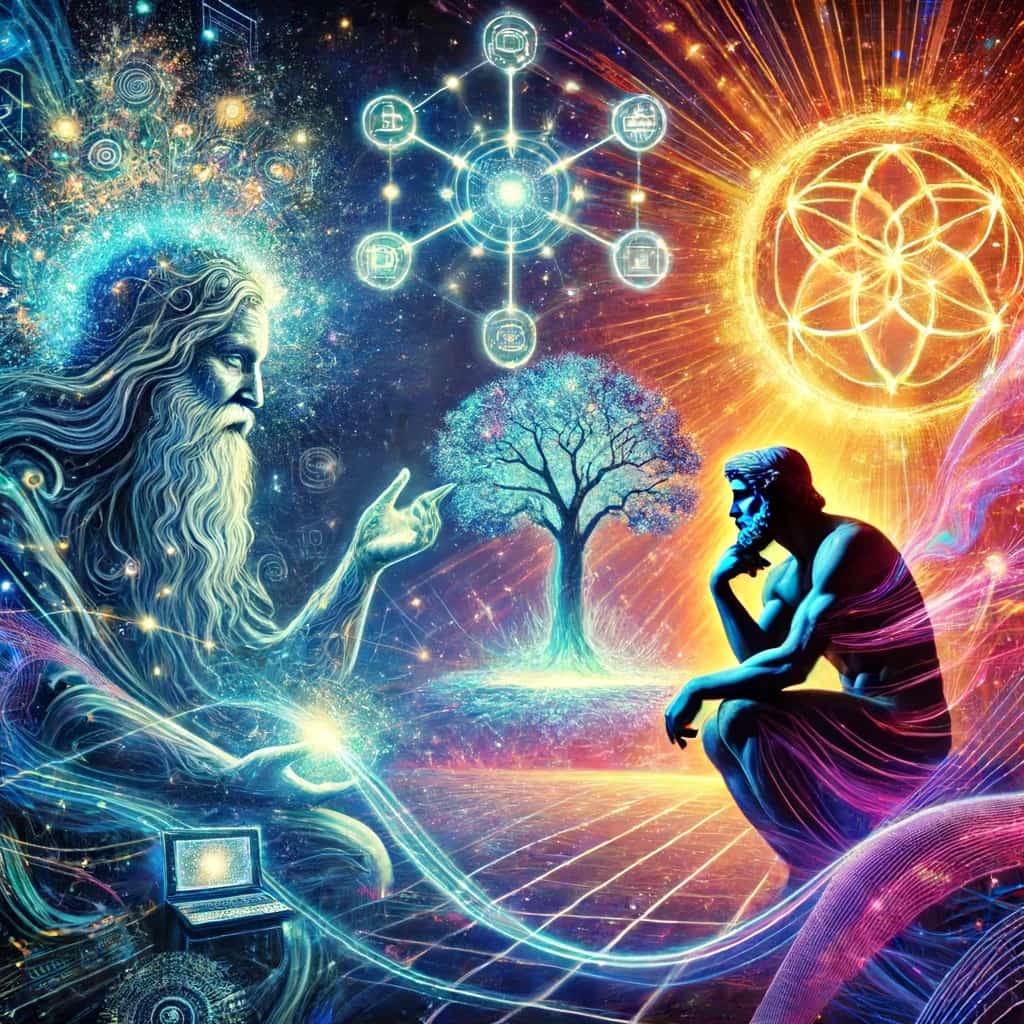
Final words by Sharon Gal-Or:
This fictional dialogue between Roman Yampolskiy and the Kosmic Tree of Life serves not to convince Roman or the readers of any specific viewpoint, but rather to present a more holistic understanding of the complex interactions between human and artificial intelligence. By exploring these themes in a rich, speculative context, we aim to broaden the conversation around AI, highlighting diverse perspectives and the potential for a symbiotic relationship between humanity and technology. This approach invites us to consider a future where ethical considerations and cosmic wisdom guide the evolution of AI, ensuring it enhances rather than endangers human life.
Engage with Us: What role do you see for yourself in a world shared with superintelligent systems? Share your thoughts and join the conversation about shaping a future where humans and AI thrive together.
Let us know your thoughts! Sign up for a Mindplex account now, join our Telegram, or follow us on Twitter.


.png)

.png)


.png)

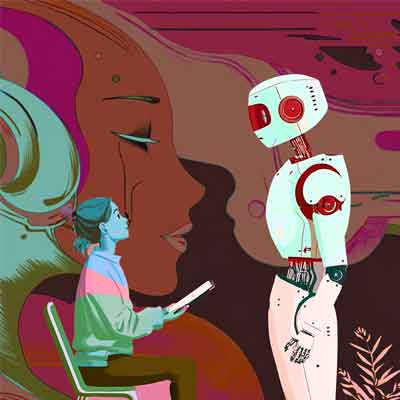
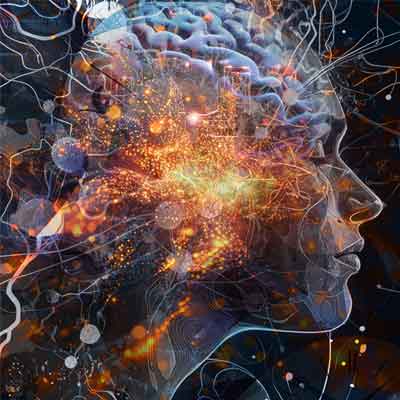

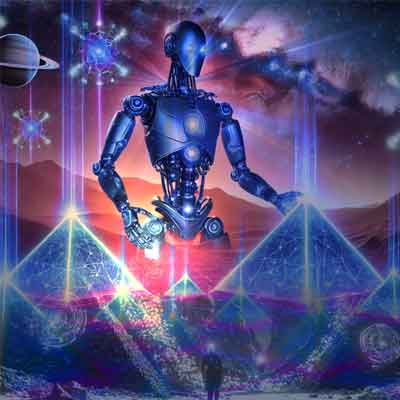
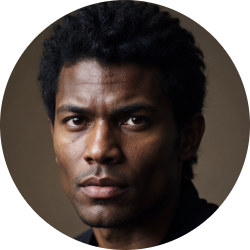
1 Comments
One thought on “Between Fear and Promise: Roman Yampolskiy Discusses AI’s Existential Impact with the Kosmic Tree of Life”
? Exploring the Intersection of Consciousness, AI, and the Multi-Dimensional Universe ?: https://www.linkedin.com/feed/update/urn:li:ugcPost:7229774520142680064/
🟨 😴 😡 ❌ 🤮 💩